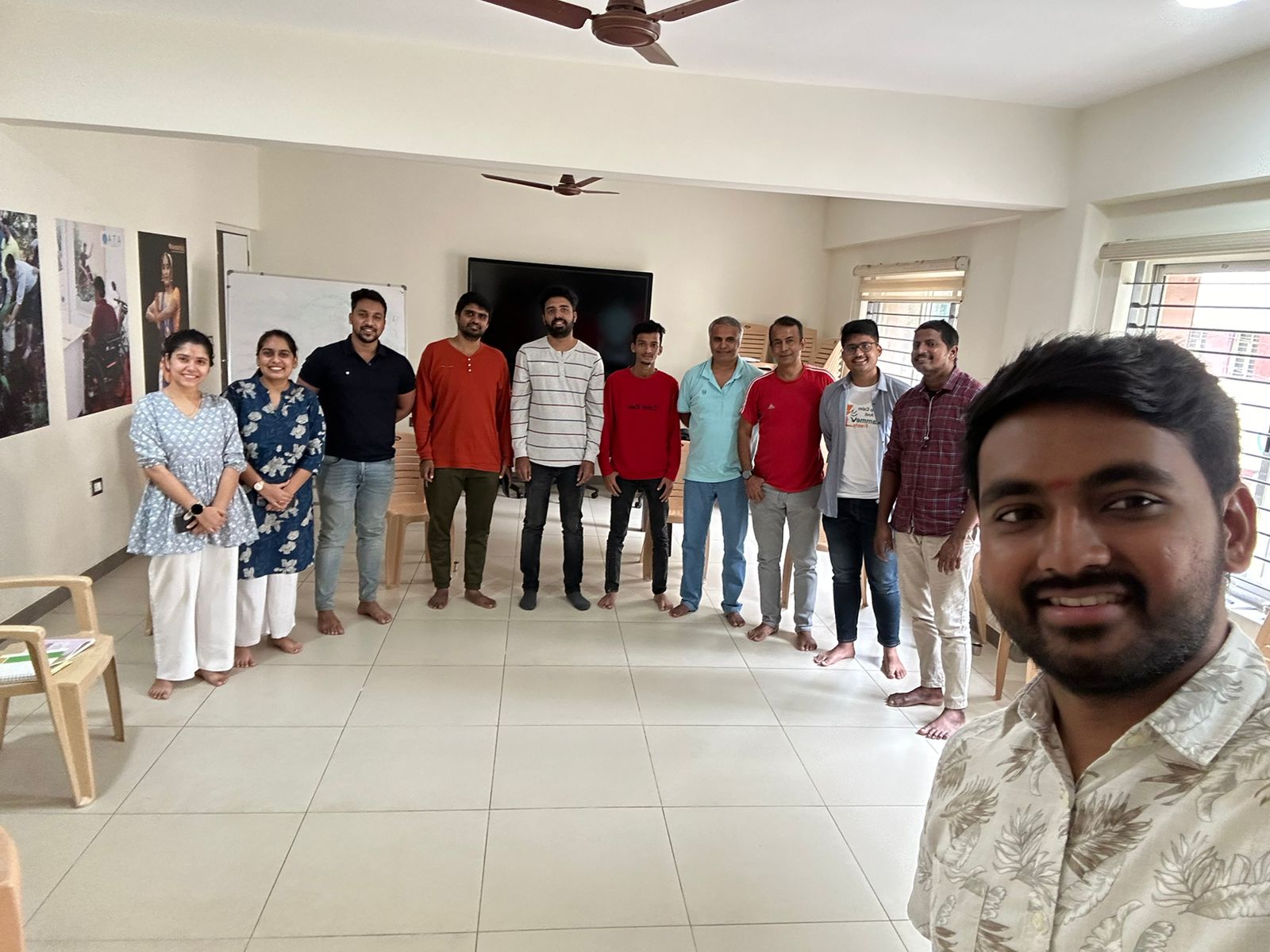
You influence everything but control nothing.
Having practiced and shared (“taught”) techniques for a long time, let me offer some thoughts. Many PWS have an unconscious resistance to “techniques”: What! I have to use artificial tricks just to say my name now? And yes, it is a lot of “work”—not just drudgery, but the need to FOCUS, all the time.
Over the years, I’ve realised something: in my youth, I was already bouncing and stretching sounds in the name of stammering- without wanting to! Pausing too! Many PWS do all this without even realising it — and without intending to.
So what’s new about these techniques? What do they really add? If a PWS is doing the same thing before and after, where’s the “improvement”? I’m sure you’re itching to ask this question!
The difference lies in “Intentionality.” Earlier, you didn’t want to repeat sounds (=bounce), stretch vowels (=prolongation), or endure long, uncomfortable silences (=pausing). But it happened anyway, against your wish. And that’s what hurt the most.
Years later, when I began practicing these “singularities” consciously, intentionally, and even a little joyously (“Explorers often have a joyous inquisitiveness”), things began to change. The experience of stammering itself began to change. Both at physiical and mental plain.
The difference between the two situations —pardon the harsh example—is like between rape and love. The act may seem similar, but the experience is utterly different. Through the second approach- love, you begin to flourish and reach your full potential.
So, how do we bring intentionality into our speech?
First, by accepting our truth—our speech—as it is, in this moment. Giving up self-hatred, negative self-talk, and critical self-evaluations.
Many years ago, as a young intern, I delivered a stillborn baby with fatal congenital defects. The assisting nurse advised me: Don’t just dispose of it. Let the mother see it first.
The mother took the dead deformed baby from my hands with such love, such care, and held on to it! I could not believe it. This is love. And this is how many of us need to view our speech, ourselves, our childhood.
When we begin to bring intentionality into our speech— both in good moments, and more so during difficulties—we find that our speech slows down naturally. We also find we have better control when we go over the “rumble strips.”
Another big change: we are now more concerned with our business of talking than with what others might be thinking. This is how the very experience of speaking begins to change. It certainly did for me.
A critic might say: But you are still stammering!
I would respond: We can influence everything, but control nothing in the external world. If I have changed my experience of the world, my world has changed. What more could I ask for?





